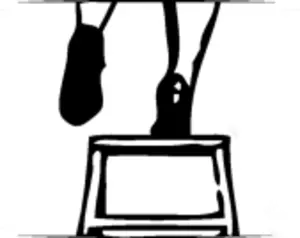- cross-posted to:
- [email protected]
- [email protected]
- cross-posted to:
- [email protected]
- [email protected]
If there’s a line to get on a crowded bus, do you wait your turn and refrain from elbowing your way past others even in the absence of police?
If you answered “yes”, then you are used to acting like an anarchist!
Are you a member of a club or sports team or any other voluntary organization where decisions are not imposed by one leader but made on the basis of general consent?
If you answered “yes”, then you belong to an organization which works on anarchist principles!
Do you believe that most politicians are selfish, egotistical swine who don’t really care about the public interest? Do you think we live in an economic system which is stupid and unfair?
If you answered “yes”, then you subscribe to the anarchist critique of today’s society — at least, in its broadest outlines.
Do you really believe those things you tell your children (or that your parents told you)?
“It doesn’t matter who started it.” “Two wrongs don’t make a right.” “Clean up your own mess.” “Do unto others…” “Don’t be mean to people just because they’re different.” Perhaps we should decide whether we’re lying to our children when we tell them about right and wrong, or whether we’re willing to take our own injunctions seriously. Because if you take these moral principles to their logical conclusions, you arrive at anarchism.
Do you believe that human beings are fundamentally corrupt and evil, or that certain sorts of people (women, people of color, ordinary folk who are not rich or highly educated) are inferior specimens, destined to be ruled by their betters?
If you answered “yes”, then, well, it looks like you aren’t an anarchist after all. But if you answered “no”, then chances are you already subscribe to 90% of anarchist principles, and, likely as not, are living your life largely in accord with them.



I would add a third assumption: that capital tends to accumulate (while power and capital are exchangeable). Together with the “power corrupts” presumption, it gives a conclusion that power will too accumulate, and corruption will accumulate, unless the process is actively resisted - thus, a society without processes that balance the accumulation will eventually go bad.